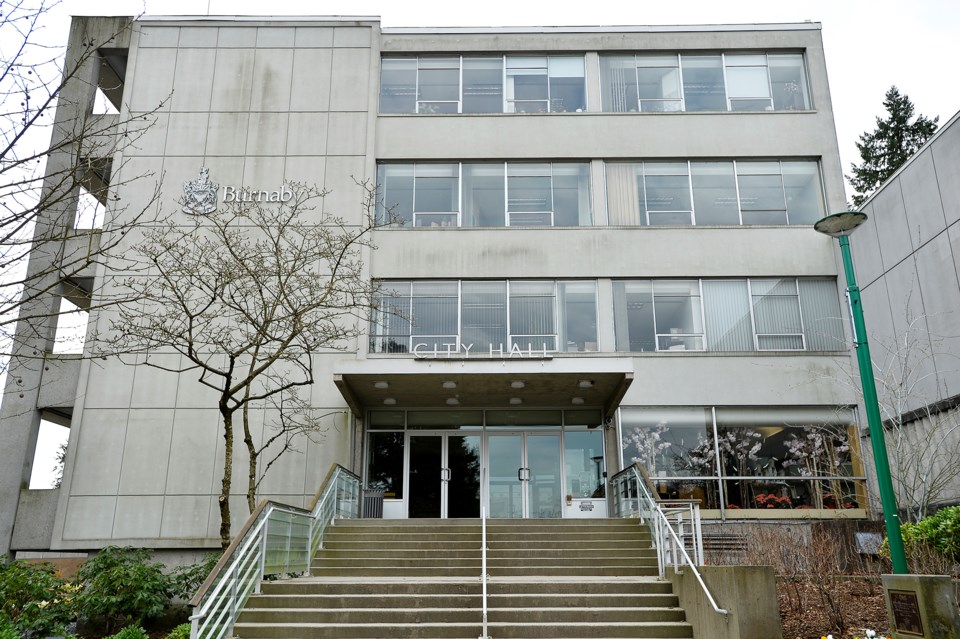Hotel rooms and Airbnbs in Burnaby are set to get ever so slightly more expensive – but the extra charge will go toward building affordable housing and promoting the city as a tourist destination.
The City of Burnaby is seeking a one percentage point increase to its municipal and regional district tax (MRDT), which currently sits at 2%. If approved, hotel rooms will be taxed at 3% under the MRDT, a special municipal sales tax that was originally conceived as a collective tax for the hotel industry that would specifically be earmarked to promote local tourism.
However, in its 2018 budget, as it was seeking ways to alleviate the province’s housing crisis, the provincial government expanded the allowable uses of the MRDT, giving cities permission to use the funds to fund local affordable housing initiatives. To do so, however, cities require an exemption from the province.
It’s up to the municipality and the independent destination marketing organization – in this case, Tourism Burnaby – to determine what portion of the taxes will go toward affordable housing. Typically, according to a city staff report, it’s the MRDT revenue coming from short-term rental apps, like Airbnb or VRBO, that is earmarked for housing.
Burnaby’s current MRDT rate, at 2%, was re-approved in June 2019 on a five-year term ending in June 2024. That was approved despite the province moving in 2015 to increase the allowable MRDT rate up to 3%.
In 2019, the 2% MRDT rate generated $1.69 million, including $1.38 million from hotels and motels and $316,000 from short-term rentals. That’s a roughly $600,000 surplus, with Tourism Burnaby’s 2019 expenditures at $1.09 million. Coun. Pietro Calendino said the tax hike will allow the city to attract more events and tourism to the city.
Further, with a 3% tax, the short-term rental tax revenues would have been just under $475,000, according to the city staff report. That funding could “provide impactful program funding for housing in both the short and long term,” reads the report.
That funding, however, will be significantly reduced this year, with COVID-19 seriously curbing tourism. Most tourism promotion organizations similar to Tourism Burnaby have laid off staff or even shut down entirely, according to the city.
Tourism Burnaby, which employs an executive director and four specialists, has not laid off any staff, according to the report. But income this year is expected to be roughly a third of the totals seen in 2019.
“Quick action and significant cost-cutting measures have meant the ability to maintain full staffing while supporting the entire Burnaby hospitality industry with support programs and initiatives,” reads the city staff report.
Even with mass vaccinations now looking more and more like a reality in the coming year, the tourism industry is looking at a long road to recovery, with Tourism Burnaby anticipating revenues to hover at around 50% of 2019 levels next year. A full recovery is not expected potentially until 2024.
Calendino told council the city is “just catching up with many other Metro (Vancouver) municipalities” with its request for an MRDT increase.
Because Tourism Burnaby is already in a five-year term, a renewal to allow the increase to 3% will take at least nine months, and the city will need to provide an affordable housing MRDT plan to the province. The city intends to put the affordable housing money into its affordable housing community benefit bonus reserve, which staff notes is set up to meet the province’s criteria.
This report came in the same meeting in which council gave staff the go-ahead to draw up a bylaw amendment to regulate short-term rentals and enforce those regulations.
Follow Dustin on Twitter: @dustinrgodfrey
Send him an email: [email protected]



